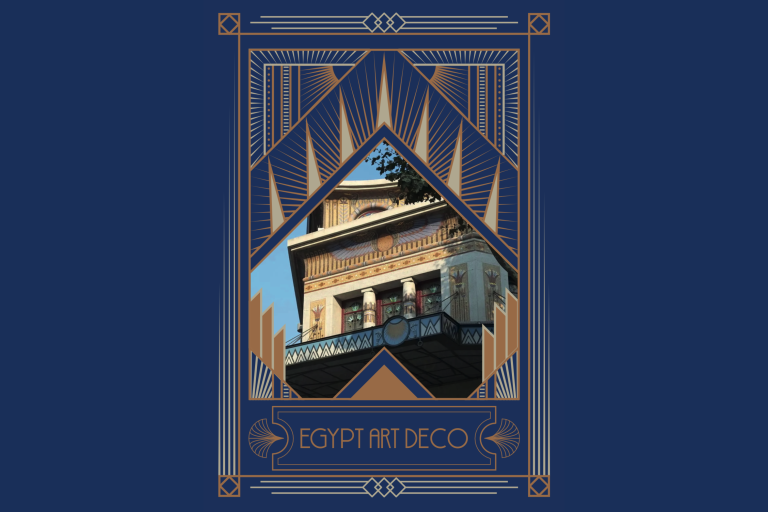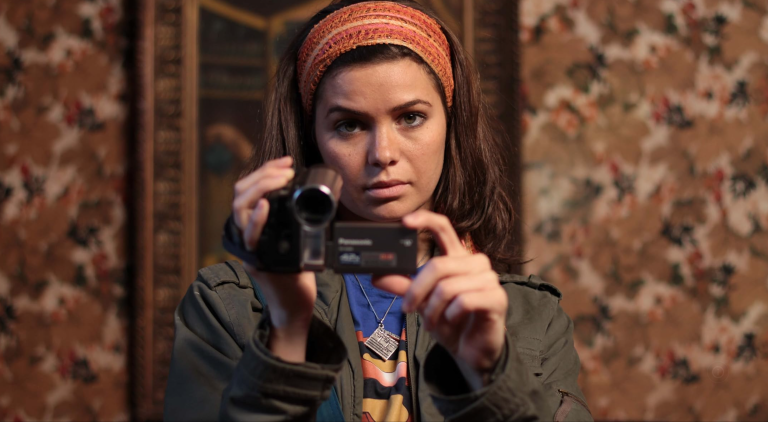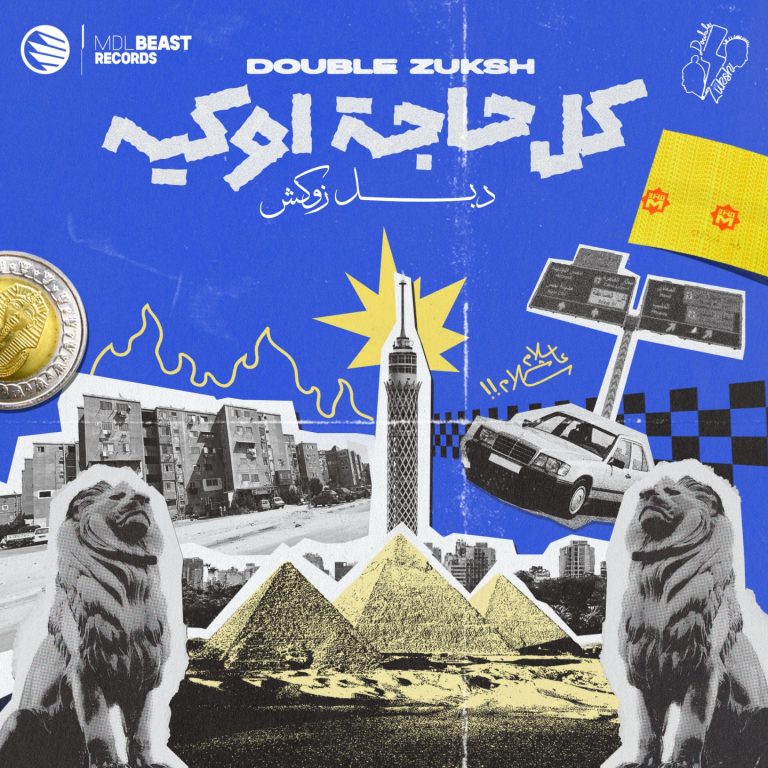A note from editor-in-chief Danny Hajjar:
The death of Ziad Rahbani completely messed me up.
As an avid listener of his music and as a journalist who first got into writing about music by starting a newsletter named after one of Rahbani’s most famous compositions, and as a Lebanese person, processing the death of this icon has weighed heavy on my mind.
This one hurts, for a lot of reasons. For Arabic music, this man was a visionary composer whose ear can’t be replicated. For Lebanon, his satirical critique of a broken political and economic system came because he cared about his country and his people. He was the soul of a nation and one of the few who understood it.
Ziad was an artist at the top of my list, right next to his mother Fairuz, of artists I aspired to one day interview. There are many questions I wish I had the chance to ask him.
What do you make of the current landscape of Arabic music?
Can critique and political satire still play a role in an increasingly commercialized music industry?
How can artists do a better job to fight against occupation and corruption?
Have we, as an Arabic music industry, lost sight of what it truly means to create art?
I can’t imagine Fairuz, at 90-years-old, burying her son in a country that loves Ziad—and one still embodies many of the critiques he poignantly shared in his music.
I think about Ziad often, a once-in-a-generation musical talent whose songs still resonate with younger artists.
He critiqued Lebanon because he loved it. And we love him too.
His death is sad moment in history for Lebanon, for music, and for political criticism.
In an effort to better process the impact that Rahbani had in Lebanon and more broadly in the Middle East and North Africa, Rolling Stone MENA asked several people spanning music, politics, and activism to write own love letters in their own words to this musical genius, this cultural phenomenon.
Gathering letters from across the varying creative and political worlds speaks to who Ziad was as an artist, as a political provocateur, and as a human being. These letters reflect the wholistic, complex identity of the Lebanese icon.
Each person has had some kind of interaction with Rahbani either personally, professionally, or simply through his timeless music.
Below are those letters, and I encourage everyone to read each one.














Trump’s Gaza Plan Mustn’t Follow His Record on Women’s Rights
Trump’s 20-points Gaza peace plan shouldn’t repeat his domestic failures on women’s health, education, and rights.